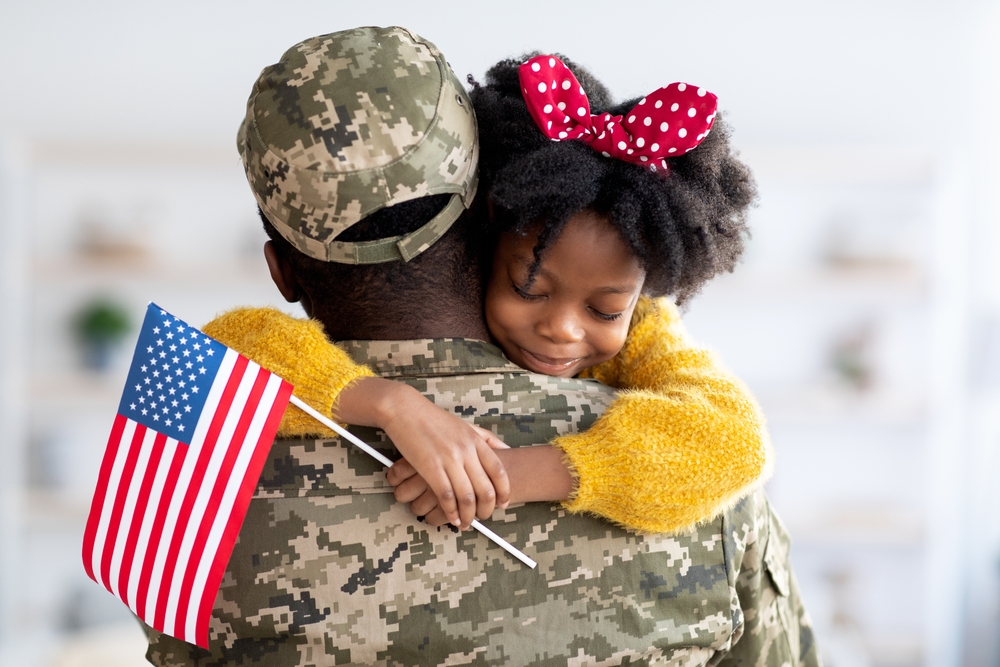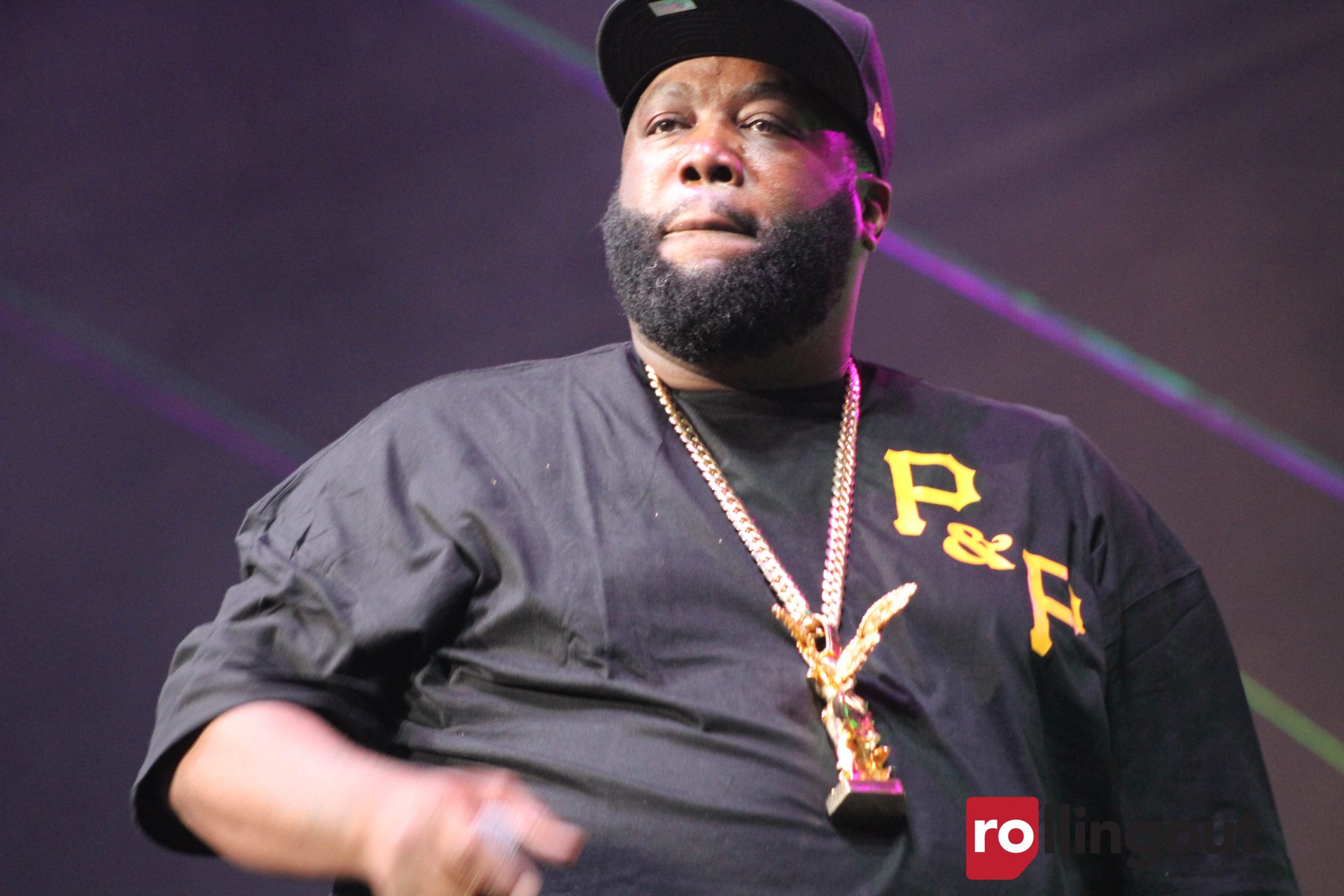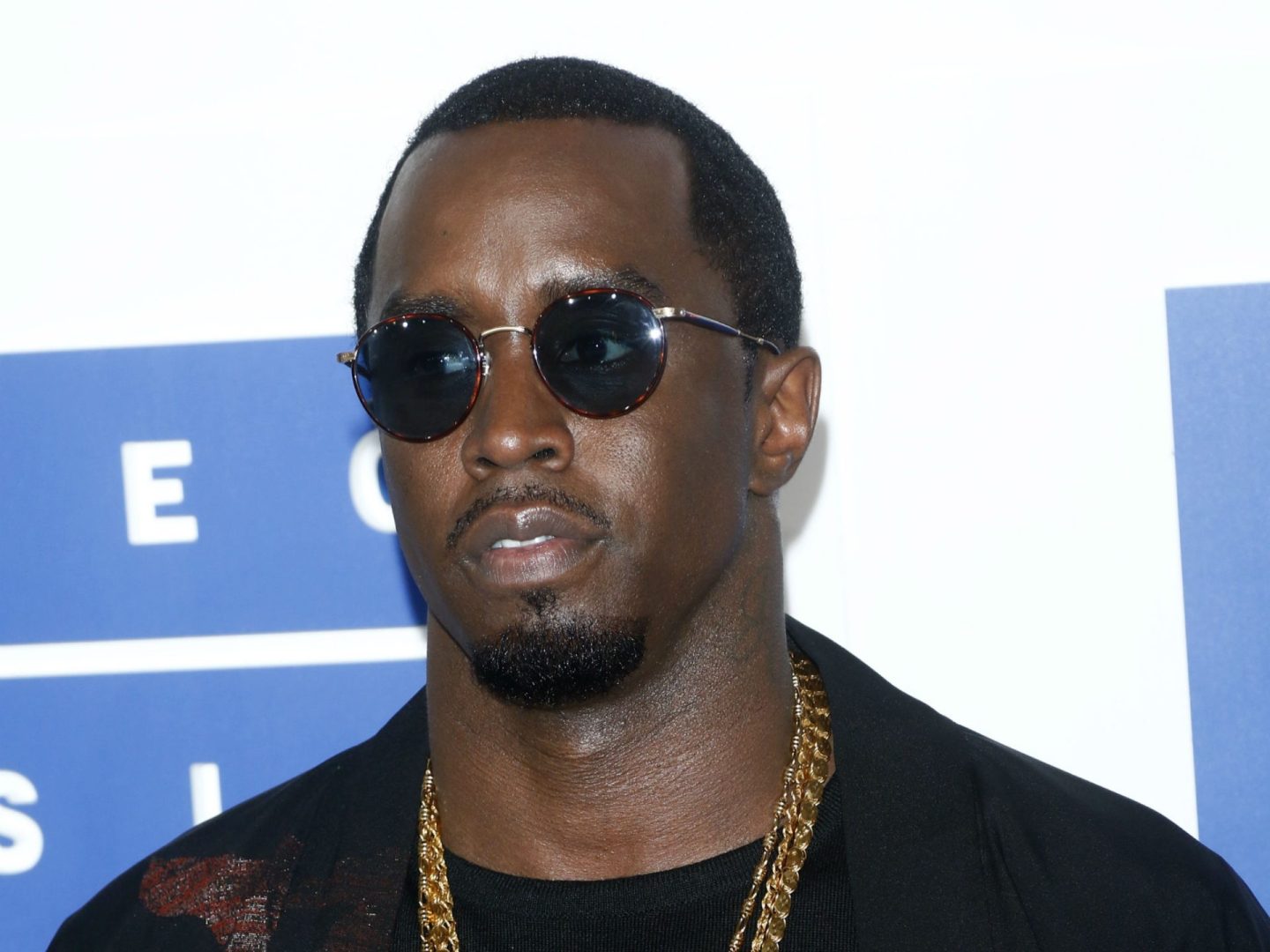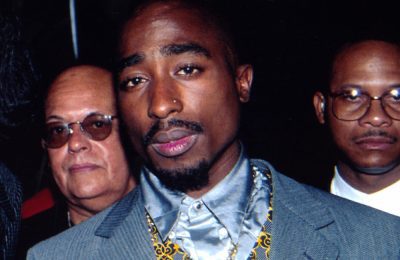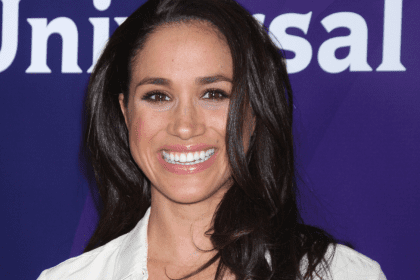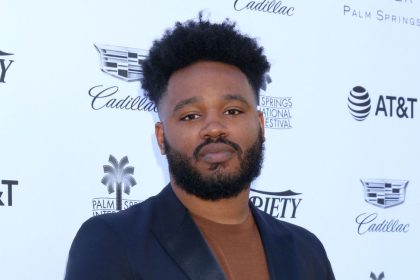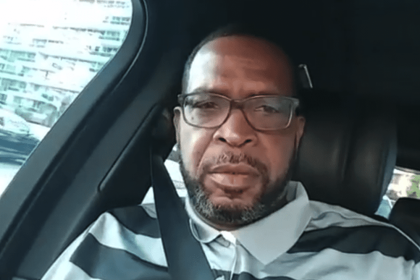Memorial Day weekend traditionally honors military service members who made the ultimate sacrifice for their country, yet thousands of Black veterans who served with distinction remain largely forgotten in national commemorations. These service members faced a unique and tragic double burden, fighting for American freedom abroad while confronting deadly violence and systematic oppression upon their return home.
The Equal Justice Initiative has documented extensive evidence of racial terror targeting Black veterans, revealing a disturbing pattern of violence that contradicted the nation’s promises to those who served in uniform. At least 35 military veterans became victims of racial terror lynching between 1865 and 1950, representing only the documented cases of a much broader campaign of intimidation and violence.
Military service increased danger for Black veterans
African Americans who served in the military during the 19th and 20th centuries often found that their veteran status made them targets rather than providing them with respect and protection. White supremacist communities viewed Black military service as a direct threat to established racial hierarchies, fearing that combat experience and military training would embolden demands for equality and civil rights.
Senator James Vardaman of Mississippi articulated these fears explicitly in August 1917, warning that Black soldiers who experienced pride in military service would inevitably demand political rights and social equality. He predicted that bringing Black soldiers home to the South with expectations of equal treatment would lead to what he termed disaster, meaning organized resistance to racial oppression.
The senator’s concerns proved prophetic as many Black veterans indeed became leaders in civil rights movements, with figures like Hosea Williams and Medgar Evers translating their military experience into activism for equality. This potential for leadership made Black veterans particular targets for violence and intimidation throughout the Jim Crow era.
Documented cases reveal systematic targeting
The case of Private James Neely in Hampton, Georgia illustrates the deadly consequences Black veterans faced for asserting basic dignity. In August 1898, Neely was shot to death by a white mob after protesting a storekeeper’s refusal to serve him at a soda counter, demonstrating how routine acts of seeking service could become fatal encounters.
Charles Lewis faced violence simply for wearing his uniform in Hickman, Kentucky during December 1918, just weeks after World War I ended. When a white police officer harassed Lewis and accused him of fitting a robbery suspect’s description, Lewis responded that his military service provided him with legitimate income, making robbery unnecessary. This reasonable response led to his arrest and subsequent lynching by a mob that broke into the jail.
World War II veterans continued facing similar dangers despite their service in what was characterized as a war for democracy and freedom. In Shreveport, Louisiana during August 1944, a white restaurant owner shot and wounded four Black soldiers, claiming they had attempted to take over his establishment, yet faced no legal consequences for the violence.
Violence extended beyond individual attacks
The systematic nature of violence against Black veterans extended beyond individual incidents to encompass broader patterns of intimidation and terror. Joe Nathan Roberts, a Navy veteran and Temple University student, was lynched in Sardis, Georgia during June 1947 simply because he refused to address white men as sir, demonstrating how basic assertions of dignity could prove fatal.
Isaiah Nixon’s murder in Montgomery County, Georgia exemplifies how Black veterans faced deadly consequences for exercising fundamental democratic rights. On September 9, 1948, Nixon was shot and killed outside his home in front of his wife and six children just hours after voting in a local primary election despite threats against his participation.
The case of Sergeant Isaac Woodard reveals the involvement of law enforcement in veteran victimization, as South Carolina police beat him so severely that he suffered permanent blindness. Such incidents demonstrate how official authority often participated in rather than prevented violence against Black service members.
Federal government failed to provide protection
The absence of federal intervention to protect Black veterans compounded the trauma of their experiences, as neither civilian officials nor military leadership took adequate steps to ensure the safety of returning service members. This abandonment by the institutions they had served added psychological injury to physical violence and social humiliation.
Military leaders and federal officials possessed the authority and resources to protect Black veterans but consistently failed to exercise these powers effectively. The lack of federal response sent clear messages that Black military service would not be rewarded with protection or equal treatment under law.
This governmental failure created a bitter irony for Black veterans who had risked their lives defending American principles abroad only to find those same principles denied to them at home. The disconnect between military service expectations and civilian reality became a source of profound disillusionment and anger.
Veterans articulated their own experiences
Private Merle Monroe, stationed at Camp Polk, La., captured the contradictions facing Black service members in a November 1942 letter to the Pittsburgh Courier. He described how the country spent millions trying to build Black military morale while simultaneously destroying it through tolerance of brutal killings without fair trials.
Monroe’s analysis identified the fundamental problem facing Black veterans, noting that morale required faith in principles of equal rights and protection under law. Without these basic guarantees, military service became hollow performance rather than meaningful participation in American democracy.
The private’s words demonstrated the intellectual clarity with which Black veterans understood their situation, recognizing both their patriotic duties and the nation’s failure to reciprocate their loyalty and sacrifice.
Legacy demands contemporary recognition
The historical violence against Black veterans reveals patterns that resonate with contemporary discussions about racial inequality, police brutality, and institutional discrimination. Understanding this history provides essential context for current debates about patriotism, protest, and the meaning of military service.
Modern Memorial Day observances should acknowledge the specific sacrifices made by Black veterans who faced violence both in military service and civilian life. Their experiences represent a unique form of sacrifice that extends beyond battlefield casualties to encompass domestic terrorism and systematic oppression.
Recognition of Black veteran experiences challenges comfortable narratives about American military history while honoring genuine sacrifice and courage. These service members demonstrated extraordinary patriotism by continuing to serve a country that failed to protect them upon their return.
Remembrance requires action and acknowledgment
Memorial Day 2025 provides an opportunity to expand traditional commemorations to include the experiences of Black veterans who faced racial terror and violence. Their stories deserve inclusion in national memory as part of the complete history of American military service and sacrifice.
Educational institutions, veterans organizations, and civic groups should incorporate Black veteran experiences into Memorial Day programming and year-round historical education. This inclusion honors their service while providing crucial historical context for understanding American civil rights struggles.
Contemporary society owes these forgotten veterans acknowledgment of their dual sacrifice and recognition of their contributions to both military defense and civil rights advancement. Their courage in facing violence and continuing to demand equality demonstrated extraordinary commitment to American ideals despite personal danger and societal rejection.
The words of Private Monroe continue to resonate nearly 80 years later, reminding Americans that true patriotism requires defending the rights and dignity of all citizens, especially those who have served in uniform.

